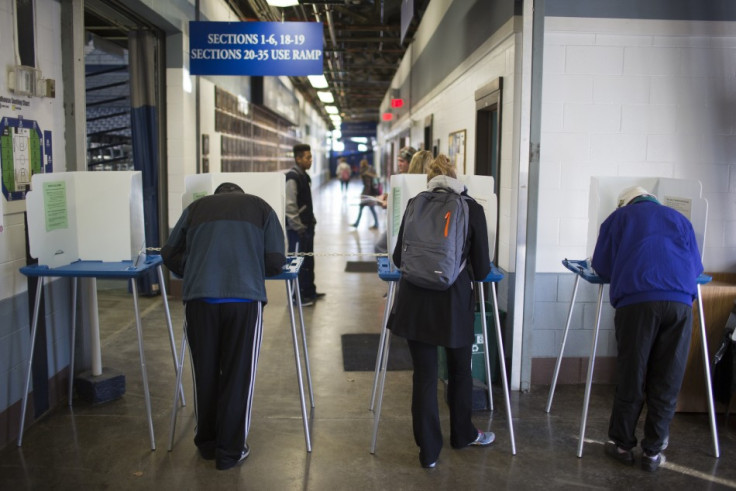US Elections: Senate and House of Representatives Crucial for Next President

US Election Day is not just about who will occupy the White House for the next four years. The outcome of the Congressional elections, which take place alongside the main presidential ballot, will heavily influence the work of the next President - be it Mitt Romney or Barack Obama.
Americans are choosing all 435 members the House of Representative, and 33 out of 100 senators.
Analysts expect the House of Representatives to remain in hands of the Republicans, who have controlled it since the 2010 mid-term elections when Romney's party won a 242-193 majority.
The victory caused several problems to the Obama administration, as Republicans almost systematically obstructed all of the President's initiatives, creating a deadlock.
If Obama beats Romney to the White House the Republicans hold the majority in the House, the impasse is not likely to be broken, as conservative forces have already wowed their intention to continue the stonewalling, especially in regard to some of Obama's top-priority reforms on immigration and other key issues.
Obviously the House of Representatives will be malleable for Romney if the former governor of Massachusetts emerges victorious.
The Senate
The Democrats currently hold a narrow majority in the Senate, controlling 53 of the 100 seats - two seats for each US state.
All but 10 of the 33 seats up for grabs today are now occupied by Democrats.
Candidates are very close in the polls in about half of the races, so that a Republican takeover of the entire Congress is not unlikely.
A Republican victory in both houses could jeopardise some of the reforms the Obama administration has successfully completed during its first term, such as Obamacare.
Many Republican candidates for the senate are exponents of the ultra-conservative Tea Party that have pledged never to compromise with a democratic administration and strongly oppose the health reform.
Tea Party exponents' radical views and remarks marked the Senate electoral campaign, often embarrassing Romney who was looking to gain support of moderate voters.
Indiana candidate Richard Mourdock triggered a wave of criticisms saying that pregnancy from rape was "something that God intended to happen".
Mourdock had won the candidacy against moderate republican Richard Lugar, who had been representing Indiana in the Senate for 36 years and often cooperated with the Democrats.
In August it was Missouri representative Todd Akin's turn to trigger outrage with his comments on what he called pregnancy from "legitimate rape."
Such comments, while being welcomed by the Tea Party base that won them the candidacy, alienated the majority of moderate voters, particularly women, jeopardising the candidates' chances of victory.
© Copyright IBTimes 2025. All rights reserved.






















